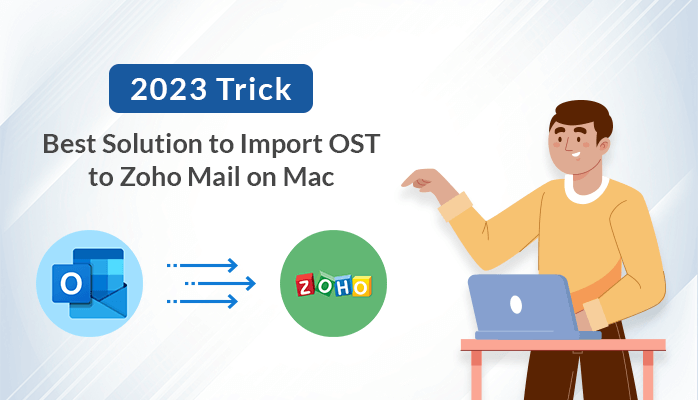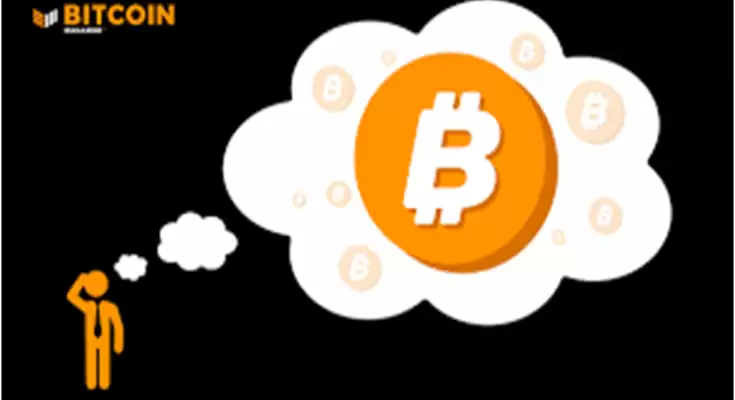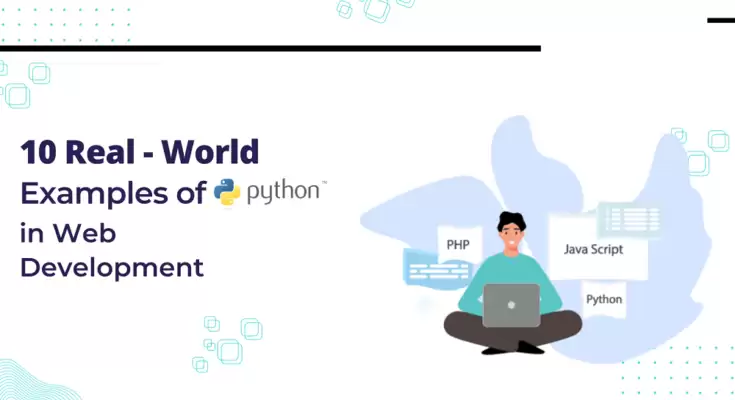The world of digital marketing is constantly evolving and changing, and it can be difficult to keep up with all the latest trends and developments. As we look to the future, there are several key digital marketing trends that we should be keeping an eye on. In this article, we will explore some of the most important trends that will shape the future of digital marketing agency.
Personalization
Personalization has been a hot topic in digital marketing for several years now, and it’s not going away anytime soon. Customers expect personalized experiences and tailored recommendations, and companies that fail to deliver on this front risk losing out to their competitors. In the future, we can expect to see even more sophisticated personalization techniques, powered and machine learning. This will allow companies to deliver highly targeted content and recommendations, based on the individual needs and preferences of each customer.
Voice Search
Voice search is rapidly becoming a popular way for people to interact with their devices, whether it’s through smart speakers, smartphones, or other devices. This trend is only set to grow in the future, with estimates suggesting that by 2025, 75% of households in the US will have smart speakers. This means that companies need to start thinking about how to optimize their content for voice search, by using conversational language and optimizing for long-tail keywords.
Video Marketing
Video marketing has been a growing trend for several years now, and it’s only going to get bigger in the future. Video is a highly engaging and shareable format, and it’s becoming increasingly important for brands to have a strong video presence. In the future, we can expect to see more live video, 360-degree video, and interactive video experiences, as brands look for new and innovative ways to engage with their audiences.
Video marketing has become an essential component of any successful digital marketing strategy. With the rise of social media platforms like YouTube, TikTok, and Instagram, video has become the go-to format for engaging with audiences and driving brand awareness.
Video marketing offers several advantages over other formats, including its ability to convey information quickly and efficiently, its high level of engagement, and its potential to go viral and reach a massive audience. Brands can use video to showcase their products and services, tell their brand story, and build deeper connections with their audiences.
Influencer Marketing
Influencer marketing has been around for a while now, but it’s still a highly effective way for brands to reach their target audiences. In the future, we can expect to see more micro-influencers (influencers with smaller but highly engaged audiences), as well as an increased focus on influencer authenticity and transparency. Brands will need to work closely with influencers to ensure that their campaigns are authentic and aligned with the influencer’s values and interests.
Augmented Reality
Augmented reality has been a growing trend in recent years, and its set to become even more important in the future. AR allows brands to create highly engaging and interactive experiences, by overlaying digital content onto the physical world. This technology has a wide range of potential applications, from virtual try-ons for fashion brands, to immersive product experiences for consumer goods.
Social Media E-commerce
Social media platforms are increasingly becoming important e-commerce channels, allowing brands to sell directly to their customers through social media. This trend is set to continue in the future, with more and more social media platforms introducing e-commerce features. This means that brands need to start thinking about how they can optimize their social media presence for e-commerce, by creating shoppable posts and engaging with customers through social media.
Social media has become an integral part of our daily lives, and it has also transformed the way we shop online. E-commerce has been around for a while, but the integration of social media platforms into the e-commerce experience has opened up new opportunities for brands to sell directly to consumers.
Social media e-commerce allows brands to sell their products and services directly through social media platforms, without the need for customers to visit a separate e-commerce website. This makes the shopping experience more convenient and seamless, as customers can browse and purchase products without leaving their social media feed.
Artificial Intelligence and Machine Learning
Artificial intelligence and machine learning are set to play an increasingly important role in digital marketing in the future. These technologies can help brands to deliver highly personalized experiences, by analyzing customer data and predicting their needs and preferences. AI can also be used to automate and streamline certain marketing tasks, such as email marketing and customer service.
Sustainability and Ethical Marketing
As consumers become increasingly aware of environmental and social issues, brands need to take a more ethical and sustainable approach to their marketing. This means taking steps to reduce their environmental impact, as well as ensuring that their marketing campaigns are ethical and socially responsible. In the future, we can expect to see more








